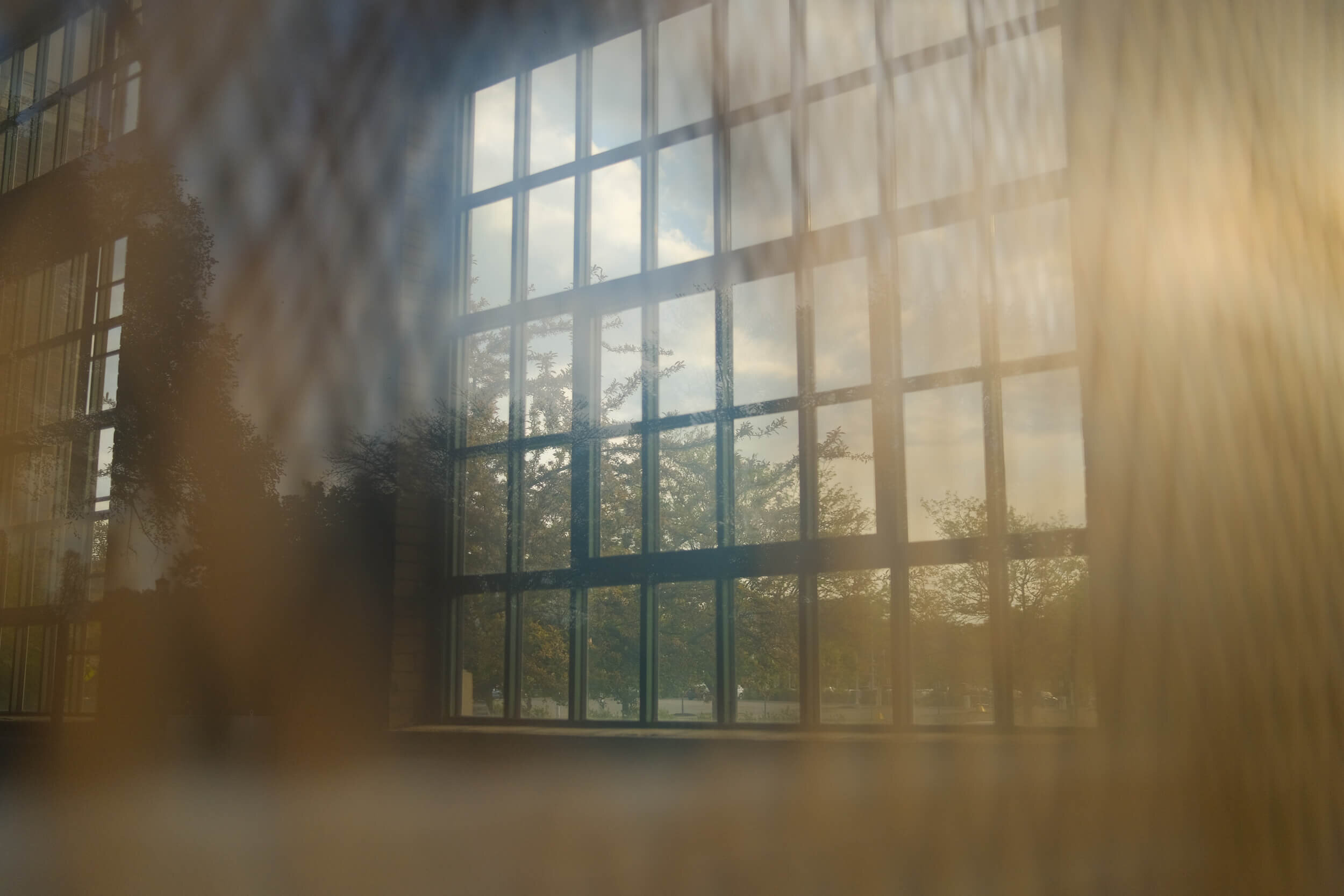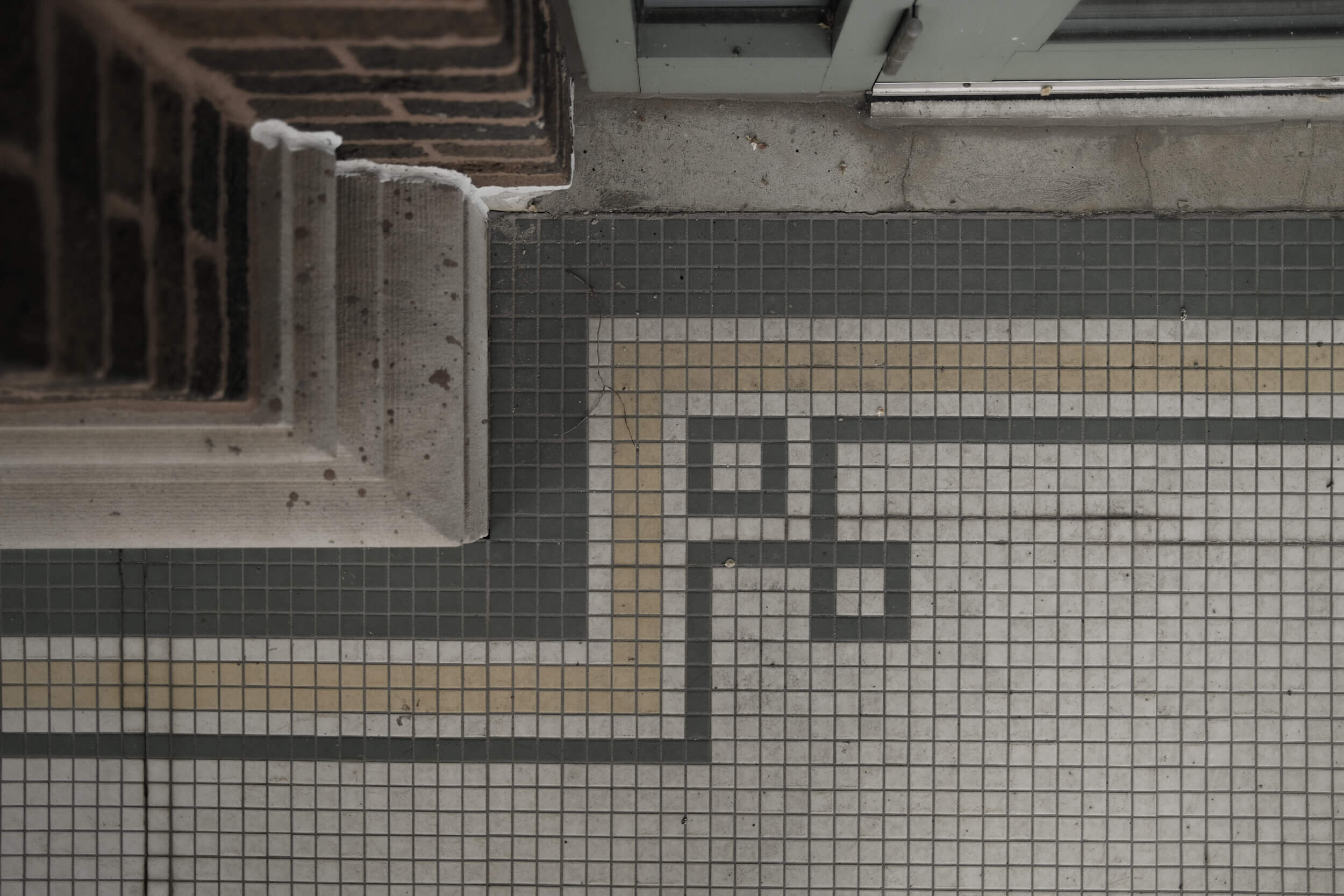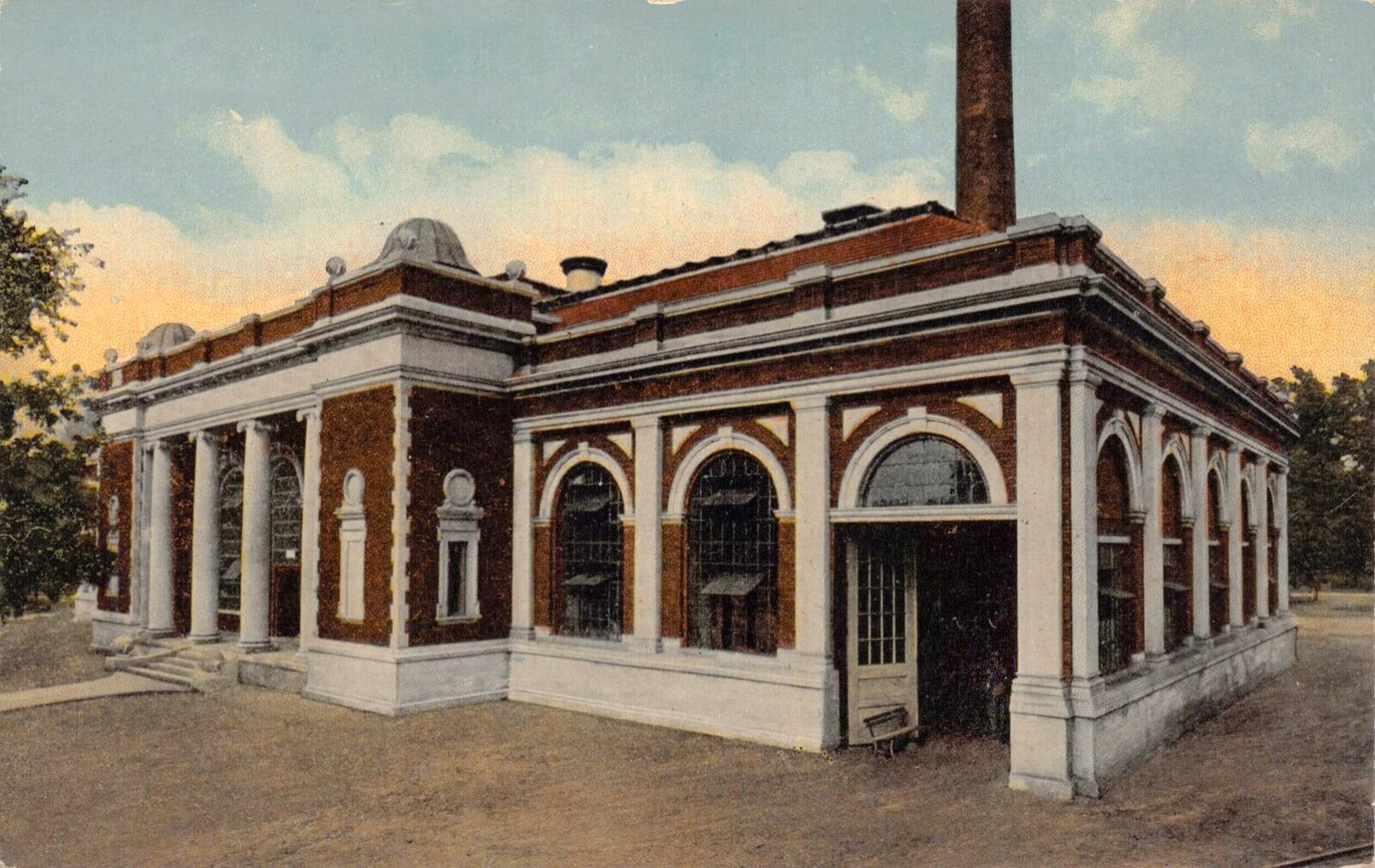The Aquarium
Every day last week I went to Leeper Park to watch the seasons change. Every day the blossoms hung a little heavier on the trees, every day the leaves looked less like buds, every day the grass more green than grey. The Park in spring is not the park in winter, a place to be rather than one to see or pass through. Seeing it in spring is to see it reborn, a perennial sprouted from the same bulb and not quite the same plant as before.
The first time I saw Leeper Park was about that time of year, when the canopy was not entirely filled in, when my grandpa took me to the duck pond and told me about the aquarium. For most of my life he and grandma had lived in a rickety two-story on the southwest side of town, but when grandma was in and out of the hospital and couldn’t use the stairs anymore, they rented a first-floor apartment around the corner from Memorial. Grandpa could come and go from grandma’s room without driving.
My mother brought me there on a Sunday afternoon and left me alone with grandpa. I was old enough to no longer worship him, but young enough to still be thrilled when he held up a bag of stale bread and said we were going to feed the ducks.
Grandpa had bad legs and walked unsteadily. At the pond he sat down and I went to the water’s edge, there being then no impenetrable chain-link fence to keep potential lawsuits away, gazing at the birds paddling around the murky water and dodging the trash that floated where lily pads ought to have been. Grandpa patted the bench beside him. “The ducks will come to us,” he said.
Sure enough, when he opened the bag of bread, tore off a stiff strip from the heel, and tossed it on the ground in front of him the ducks instantly swam to the bank and walked up its sides, shaking droplets from their tails as they went.
“You try,” he said, once his piece was all eaten up. I pulled out a whole slice, tore it into small chunks, and threw them all in different directions. As the ducks scattered, trying to decide which one to chase, I looked around. The river ran fast and dark on the left, the odd raft of foam speeding by. Ahead of me, past the pond, cars flew down Michigan Avenue towards the bridge.
And in the distance, way off through the branches, I saw the building. Just a corner of it, but enough to make the whole picture out: the brown bricks, the columns, red roof, copper cupolas glimmering green, the arched windows of a hundred panes flashing in the afternoon light.
“What is that place?” I asked grandpa, certain I had never seen it before.
“That’s the South Bend aquarium,” he said without pause. An aquarium? I never heard of South Bend having an aquarium. There was a zoo, and rumor was that it had a piranha tank until one boy stuck his finger in the water on a dare, had a cut he’d not noticed, and got the finger taken off. That was how I heard it, anyway.
“I didn’t know there was an aquarium here,” I said.
“Most people don’t,” said grandpa. “But I do. Where we are right now used to be the zoo, and the aquarium was right there across the street.”
“A long time ago,” he continued. “It had everything you could imagine. Electric eels, a few tuna, sea turtles, a manatee—those lantern fish that live at the bottom of the ocean and look like aliens. I got my first job there, on the water system. It was the first of its kind, a genius system invented by the director, all one big pumping circuit, drawing water in from the river. In each tank the conditions were different, temperature and whatnot, and there were some full just of sea plants that cleaned the water on their own. The fish were arranged on a scale by the sort of water they needed, so every few days when the water was shifted forward one tank in the circuit it had the perfect conditions for the new tank. At the end of the circuit, it went back into the river.”
Grandpa told me that he had been a rover, working on all sorts of things, but that his chief responsibility was to salt the water. The director would measure the tanks each day and decide how much salt needed to be added for each type of fish, and then grandpa would pour the right amount of salt into each tank. I thought of how he dumped epsoms into plastic tub of steaming water he soaked his feet in before the TV every night, only into big tanks of fish. He fed them too, he told me, canned corn for the vegetarians—it was Indiana after all—and tinned sardines for the meat eaters.
“What happened to the aquarium?” I asked. “Did people stop coming?”
Grandpa shook his head. “Oh no. It was always jammed, even all through the depression when folks could barely spare a penny. On Friday and Saturday nights we stayed open late, that was our busiest time. The insides were lit by a few hanging wall lamps, the water tanks reflecting green, the tiled floor damp with the gloom—like walking through an underground grotto. Everyone loved it.”
“Then what happened?” I asked again.
“The director,” he said. “One morning, I came in and it was all silent. The pumps were off, no one was working, the whole staff was just standing around. The tanks were empty. The fish were gone. The director wasn’t there.”
“It took a while to find out what was going on,” grandpa went on. “All the tanks were connected by a central pumping line, with locks on each side in and out to keep the fish in when the water moved. This was the director’s big invention, the first in the world. But he just lost it that day, pulled up the gates between the tanks, turned on the pumps, and all the fish were flushed out into the river. From the sharks to the swordfish, all gone. They found him raving, standing in the middle of the river by the bridge, trying to catch fish with his hands. We put up nets all down the river until the lake to try and save a few, figuring the rest would be belly up in the river within a day. But we never found a thing. They all disappeared.”
The aquarium, grandpa said, was closed right away, and the pumps repurposed to move city water instead, “North Pumping Station” chiselled into the stone.
“Is that all true grandpa?” I said, unwilling to believe him but unable to think he could tell a lie so wild.
“It could be,” he said, nodding towards the building. “Doesn’t that place look more like an aquarium than a pumphouse to you?”
The bread was gone. The ducks had lost interest in us. We walked silently through the park towards the building, stopping at the street where grandpa would not let me cross. He said: “Just stay here. You can see it all right.”
We stood on the sidewalk. I stretched up on my toes. Herds of cars flashed by at my eye-level, leaving me only glimpses of the building between them. And then, a long pause of uninterrupted gazing.
True enough, as grandpa promised, I could see it all right from there, the streetcar letting crowds off to line up, the spots on the stone where “Aquarium” had been, the coins dropped and clinking in the admission box, the turnstiles inside the doors, the lights glowing from the walls, the tops of the old tanks left when the city pipes were fitted in, the pallets of salt sacks stacked and waiting to be dumped, the whole story appearing before me.




